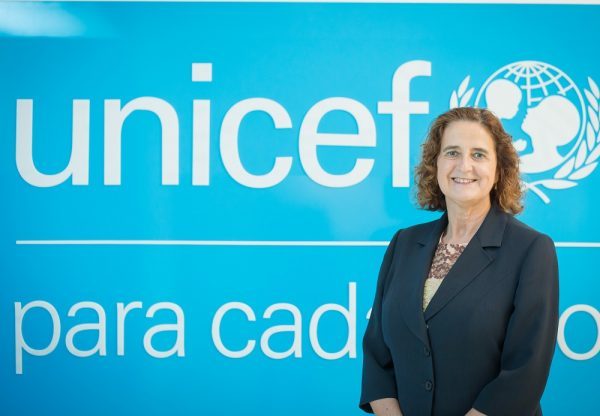
Only 20% percent of children and adolescents in the Dominican Republic can access the Internet whenever they need it, says Rosa Elcarte, the United Nations Children’s Fund (Unicef) representative in the Dominican Republic. She is basing herself on a recent Dominican Institute of Telecommunications (Indotel) survey on the use of the Internet by minors in the Dominican Republic.
The survey revealed that 50% of minors who have access to the Internet connect only through their cell phones. Elcarte says this limits their ability to interact, learn and access much more information. She also pointed out that one out of every three adolescents surfs the web unsupervised.
The Dominican Institute of Telecommunications (Indotel) carried out telephone surveys to adults and children.
Elcarte says children with better access to the web have a better chance to develop. The rest get left behind, broadening the gap between the haves and have nots.
The general director of Indotel, Nelson Arroyo, says the government is working on public policies to close the digital gap. The National Broadband Plan is one of the initiatives and seeks to bring connectivity to many of the most remote, deprived and needy places in the country. “The idea is that by the end of this administration, the Dominican Republic will be fully connected, not in propaganda but in facts,” said the government official.
He said that Internet access today is no longer a luxury. He says it is a fundamental citizen right along with health, food and housing.
The Unicef representative recommends the authorities to democratize access to devices such as computers and laptops, as well as develop self-care programs for children to learn to better protect themselves on the Internet, and improve web governance in partnership with digital companies. The United Nations has backed a major tender for the purchase of electronic devices for public school children. The tender was marked by major procurement irregularities, according to the Procurement Agency.
Read more in Spanish:
Unicef
25 August 2021

